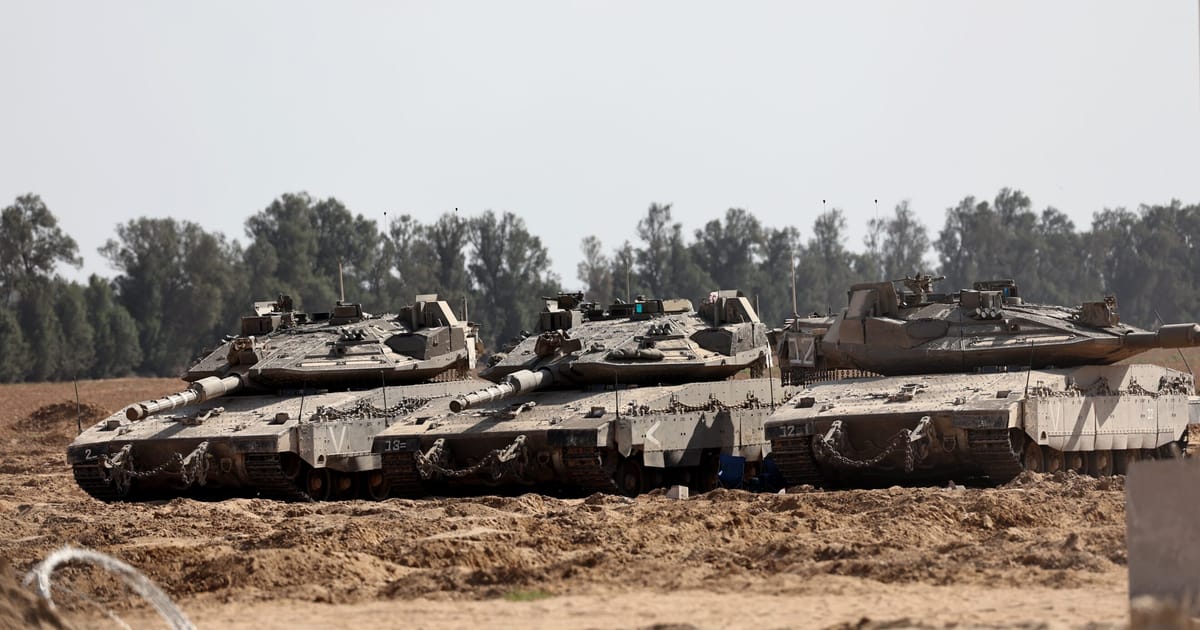

Recent events in the Middle East have highlighted both new tensions and attempts at de-escalation in the complex regional landscape. These developments involve international reactions to military actions in Syria and Israel, and domestic ceasefire efforts in Syria, as well as judicial decisions in Europe concerning arms trades.
In Belgium, a Brussels court has issued an order to the Flemish government to halt the transfer of military equipment to Israel. This decision comes amid reports and accusations by NGOs that the Flemish government has been failing to adhere to international law regarding the supply of military gear. This legal action marks a significant step in international reactions aimed at controlling the distribution of military equipment, particularly in regions experiencing conflict. The court’s directive reflects ongoing global concerns about the facilitation of military supplies in contentious areas.
Meanwhile, Giorgia Meloni, the Italian Prime Minister, expressed strong disapproval following an Israeli attack that damaged Gaza’s sole Catholic church. The incident has drawn attention to the humanitarian impact of military engagements in populated areas, and Meloni’s statement underscores international sensitivity to actions that affect cultural and religious sites, further emphasizing the call for adherence to international humanitarian standards in conflict zones.
In the evolving situation in Syria, recent days have seen Syrian government forces withdrawing from the predominantly Druze province of Sweida. This move follows intense clashes between the Syrian army and local Druze fighters. Syrian President Ahmed al-Sharaa has characterized the withdrawal as a strategic decision to prevent a broader conflict. This decision forms part of a broader negotiation process, as Druze leaders and government forces have reached a new ceasefire, allowing Druze communities greater autonomy over their security affairs.
The situation remains fragile, with ongoing external interventions complicating matters. Reports reveal that Israeli military operations have targeted Syrian sites, including two strikes on the Syrian defense ministry in Damascus, resulting in casualties and structural damage. This involvement points to the persistent tensions between Israel and Syria, as Israel aims to intervene in the Syrian internal conflict, particularly in regions with significant Druze populations, underlining its security concerns.
Despite the military interventions and resulting damages, the efforts for peace in areas like Sweida serve as a beacon of hope amidst the prevalent unrest. The new ceasefire agreement signifies the potential for sectarian groups and government forces to negotiate practical solutions, even in regions marred by historical and ongoing strife.
International reactions, including the decision of the Brussels court and the firm stance from European leaders like Meloni, reflect a global perspective increasingly attentive to the implications of international military involvement and conflict on local communities. The emphasis on rule of law, peaceful negotiation, and respect for cultural heritages offers a constructive framework for addressing complexities in international relations and military ethics.
As these situations continue to unfold, they highlight the delicate balance between intervention and sovereignty, negotiation and conflict, that characterizes modern Middle Eastern geopolitics. Each decision, diplomatic or military, plays a critical part in shaping not only the immediate human experience but also the broader narrative of peace and conflict resolution in the region. The world’s eyes remain fixed on these developments, hoping for advancements that prioritize peace and stability.
Source: {link}
